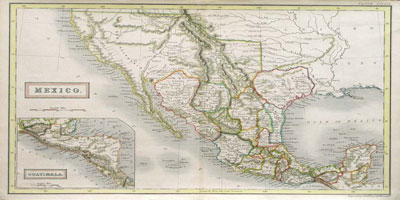Two race and poverty scholars at POOR Magazine confront Black and Latino cultural differences.
 |
|
by Angel Garcia/PNN "We Latinos and African-Americans have more similarities than trumped up differences," said Sam Drew, as we sat elbow to elbow in the classroom at POOR Magazine’s Race, Poverty and Media Justice Institute. This was a revolutionary discussion because we, a Guatemalteco man and an African-American man, were getting to know one another como personas humanas without the peleas on the calles. Sam use to be employed como un agente de seguridad. "I think they were messing with me, because I wasn’t going along with the program," said Sam as he began to describir his descend en la probeza. That's why el senor Sam got fired from his job. El Senor Sam, born in Oakland, California in 1957, talked about la historia Africana and how it was forgotten. He spoke about the connections he sees between our two cultures, which he believes are not so different after all. After talking to El Senor Sam, it inspired me to do some research en our historias. From 1825 until the end of the Civil War in 1865, Mexico consistently repudiated and forbade the institution of slavery in its territory, while U.S. officials and Texas slave owners continuously sought ways to circumvent Mexican law. What follows is the little known history of Mexico serving as a refuge for fugitive slaves and a provider of job opportunities for Blacks immigrating from U.S. to Mexico. Mexico was a haven for fugitive slaves. Today it seems as if the once strong alliance between Blacks and Latinos has been forgotten, lost to the violence on the street. Much of this violence happens because there is a false sense of competition between the two groups according to Angelica Salas executive director of the coalition for humane immigrants rights. She says the problem is that minorities face discrimination directed at anyone who is not considered the traditional American, meaning White and protestant. In South Central L.A. she says long time Black residents see Latinos as newcomers taking their jobs and giving the community a worse reputation. She blames this misconstrued fact on demagogic politicians. El centro de accion social told EFE that tension generally occurs in poor communities due the lack of work opportunities and low expectations for high school graduation. According to the Black Alliance for Just Immigration (BAJI), "Immigration to the United States is driven by an unjust international economic order that deprives people of the ability to earn a living and raise their families in their home countries…through international trade, lending, aid and investment policies, the United States government and corporations are the main promoters and beneficiaries of this unjust economic order." The BAJI also writes, that "African Americans, with our history of being economically exploited, marginalized and discriminated against, have much in common with people of color who migrate to the United States, documented and undocumented." During the past year, Los Angeles has witnessed conflicts between African American and Latino students in its schools and armed clashes between Black and Latino gangs on its streets. Throughout my research, I found many examples of violence between Blacks and Latinos. I became upset as I realized how much the government is benefiting from this false division between our two cultures. I believe it is time to take the power from the big businesses and corporations, but to do so we need to learn how to communicate with each other and dialogue about unity. We must break the circle of hate and tension between our amazing cultures by realizing the similar pasts we all share. |



